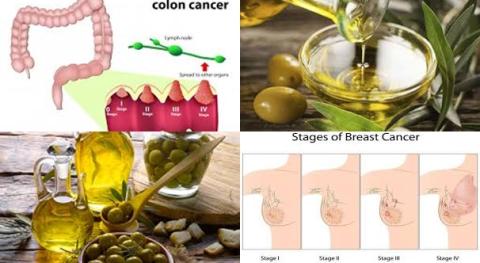Objectives:
The aim of this review article was to assess the relation between the level of habitual potassium intake and the incidence of cardiovascular disease (CVD).
Study design:
This review article included 15 cohort studies involving a total of 247510 male and female participants, 7,066 strokes, 3,058 coronary heart disease (CHD) events and 2,497 total CVD events.
The weighted average follow-up time was 12.2 years (range 5 to 19 years).
There was significant heterogeneity among studies in terms of sample size, duration of observation, number of events and difference in dietary potassium intake between the groups being compared. This heterogeneity led to a reduced statistical power in detecting a possible association between dietary potassium and coronary heart disease and cardiovascular disease.
There was no evidence of publication bias by the Egger test.
Potassium intake was assessed by 24-h dietary recall (n = 2), food frequency questionnaire (n = 6) or 24-h urinary excretion (n = 3).
Results and conclusions:
The investigators found in a pooled analysis, a dietary intake of 1.64g (42 mmol) potassium per day was significantly associated with a 21% lower risk of stroke [RR = 0.79, 95% CI = 0.68 to 0.90, p = 0.0007]. Significant means it can be said with a 95% confidence that a daily intake of 1.64g potassium really decreased the risk of having a stroke.
The investigators found a trend toward an inverse association between higher potassium intake (average weighted difference = 1.38g or 35.3 mmol/day) and risk of coronary heart disease [RR = 0.92, 95% CI = 0.81 to 1.04], which was not statistically significant [p = 0.18].
Not significant means it cannot be said with a 95% confidence that a daily intake of 1.38g potassium really decreased the risk of coronary heart disease with 8%.
The investigators found a trend toward an inverse relationship between higher potassium intake (average weighted difference = 1.30g or 33.4 mmol/day) and cardiovascular disease risk [RR = 0.85, 95% CI = 0.62 to 1.16], which was not statistically significant [p = 0.31].
The investigators found a trend toward lower risk of CHD [RR = 0.93, 95% CI = 0.87 to 0.99, p = 0.03] and total CVD [RR = 0.74, 95% CI = 0.60 to 0.91, p = 0.0037] that attained statistical significance after the exclusion of a single cohort, based on sensitivity analysis.
The results of meta-regression analyses indicated that potassium intake difference, length of follow-up, quality score, recruitment year and population potassium intake at baseline were not significant sources of heterogeneity in the relationship of the potassium intake effect on the risk of CHD.
The results of meta-regression analyses indicated that the length of follow-up (coefficient: -0.064, 95% CI = -0.112 to -0.015, p = 0.01) and quality score (coefficient: -0.165, 95% CI = -0.287 to -0.043, p = 0.01) were significant sources of heterogeneity.
The investigators concluded that 1.64g dietary potassium per day decreases the risk of having a stroke and might also reduce the risk of coronary heart disease and total cardiovascular disease. This result applies to the general population, not only to specific subgroups at higher risk.
The favorable effects of dietary potassium were documented at least to some extent independently of other factors.
The results of this meta-analysis support recommendations for higher consumption of potassium-rich foods to prevent vascular diseases.
Original title:
Potassium Intake, Stroke, and Cardiovascular Disease : A Meta-Analysis of Prospective Studies by D'Elia L, Barba G, [...], Strazzullo P.
Link:
http://www.sciencedirect.com/science/article/pii/S0735109710049764
Additional information of El Mondo:
Find more information/studies on potassium right here.
The protective effect of potassium against the risk of stroke may conceivably relate to its blood pressure lowering effect.
